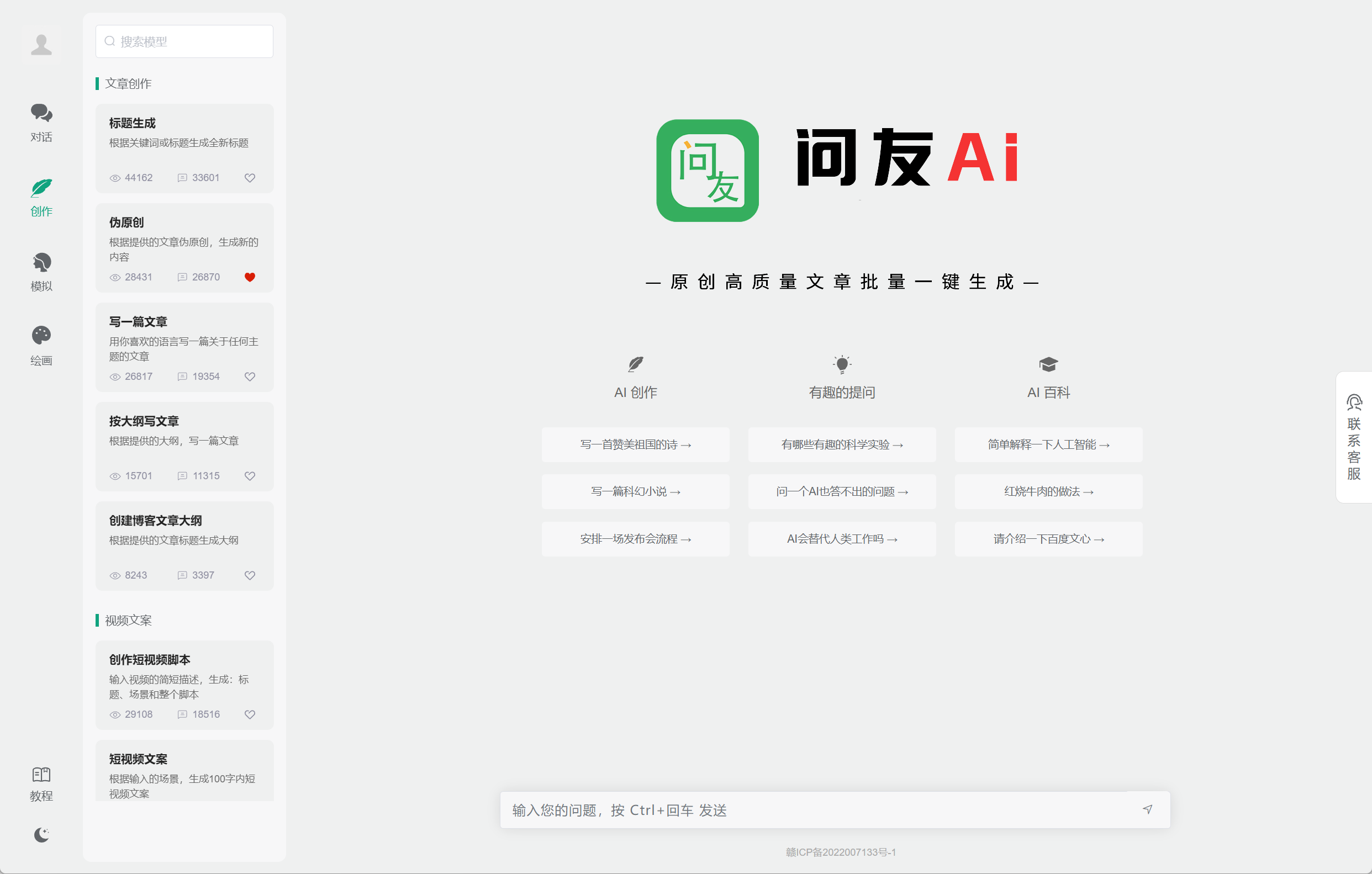Article Generation: Unlocking the Power of Artificial Intelligence
Introduction:

In this digital age, where content is king, the production of high-quality articles has become increasingly important for business and personal branding purposes. However, the traditional method of writing articles can be time-consuming, and not everyone is a skilled writer. This is where article generation comes in - an innovative solution that employs artificial intelligence (AI) to create high-quality articles that read as if they were written by humans. In this article, we will discuss the concept of article generation, how it works, its advantages and disadvantages, and its implications for the future of content creation.
What is Article Generation?
Article generation, also known as automated content creation, is a process in which artificial intelligence algorithms generate articles using natural language processing (NLP) and machine learning techniques. This involves feeding the AI software with data on a specific topic, and the software uses this information to generate an article that reads like it has been written by a human. Article generation can produce content in various formats, including news articles, product descriptions, blog posts, and more.
The Advantages of Article Generation:
1. Time-Saving - Article generation saves time by eliminating the need for human writers to research and write content. This allows businesses and individuals to quickly produce a high volume of quality articles.
2. Cost-Effective - Hiring professional writers can be expensive, while article generation is a more cost-effective solution.
3. Consistency - Article generation assures consistency in tone, style, and quality, regardless of the number of articles generated.
4. SEO Benefits - AI-generated content can be optimized for search engines, improving a business's ranking on search engine results pages (SERPs).
The Disadvantages of Article Generation:
1. Lack of Creativity - AI-generated content can come across as formulaic and lack the creativity that human writers can bring to their work.
2. Limited Scope - AI algorithms can only create content based on the data they have been fed, which can be narrow in scope. This results in a limited range of perspectives.
3. Reliance on Data - Article generation is reliant on data input, which can affect the accuracy and relevance of the generated content.
4. Ethical Concerns - The ethics of using AI-generated content have come under scrutiny, particularly when it comes to issues of transparency and disclosure.
How Does Article Generation Work?
Article generation involves a complex set of algorithms that analyze data, learn from it, and then generate content. This process can be broken down into the following steps:
1. Data Collection - The first step is to gather data on the topic of the article. This includes relevant keywords, a target audience, and any other information that can assist in generating the content.
2. Content Analysis - Once the data has been collected, the algorithms analyze it to identify patterns and common themes.
3. Content Creation - Based on the analysis, the AI software generates the article, using a mix of sentences, phrases, and text patterns.
4. Editing and Revisions - The generated content is then edited and revised, ensuring that it is grammatically correct and meets the client's requirements.
The Future of Article Generation:
AI-generated content is on the rise and is expected to become even more prevalent in the coming years. As the technology advances, so will the quality of the generated articles. However, there will always be a need for human input in the content creation process.
As AI becomes more sophisticated, we can expect to see more innovative approaches to content creation, including personalized article generation. The ability to generate content based on individual user preferences will result in highly customized, effective communication.
Conclusion:
In conclusion, article generation is a groundbreaking innovation that holds great potential for businesses and individuals looking to produce large volumes of high-quality content. While there are concerns about the lack of creativity and dependence on data input, the advantages of article generation make it a valuable solution for many. As AI technology continues to evolve, we can expect to see significant changes in the world of content creation. The future of article generation is exciting, and it promises to revolutionize the way we communicate and share information.
